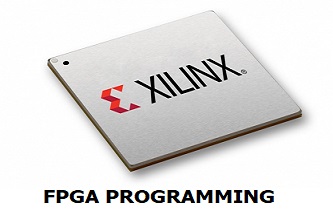Second Life for Nissan Batteries in Norway
Nissan has entered into a partnership with Stena Recycling in Norway to give a second life to batteries from its electric vehicles (EVs). This strategic collaboration aims to develop and expand the reuse of second-life EV batteries in Norway, where there are over 80,000 Nissan LEAFs on the roads. Nissan has established a value chain for batteries that are no longer suitable for road use, showcasing its commitment to sustainability and circular economy practices.
Across different regions like the UK, Japan, and Brazil, Nissan has been actively involved in projects focused on reusing EV batteries. As the automotive industry increasingly invests in EV battery recycling, GlobalData highlights the critical importance of managing battery disposal. Madhuchhanda Palit, an Automotive Analyst at GlobalData, emphasizes the need for exploring various recycling methods to recover valuable metals like nickel, cobalt, lithium, and manganese from spent EV batteries.
Palit notes that the automotive sector is transitioning towards circular economy practices to minimize waste and maximize resource efficiency. Companies are investing in innovative technologies to enhance recycling efficiency and reduce costs, aligning with the growing market for recycled battery materials. With regulatory frameworks evolving globally, stringent guidelines on battery disposal and recycling are being implemented to address environmental concerns.
In the EU, the Battery Law mandates high recovery rates for key metals like cobalt, copper, lead, and nickel by 2030, while the US is adopting Extended Producer Responsibility policies for battery recycling. This regulatory momentum is expected to drive investments in recycling technologies and infrastructure, shaping the future of sustainable battery management in the automotive industry.
As part of the deal with Nissan Automotive Europe, Stena Recycling diagnoses each battery at its facility in Ausenfjellet to determine reuse possibilities. This meticulous process ensures that battery components can be repurposed for service and repair in new batteries or energy storage systems, extending their lifespan by 10 to 15 years. By integrating repaired modules into new EVs or stationary energy storage systems, the collaboration aims to extract maximum value from used batteries.
Jon Emil Furuseth, Country Manager High Energy Batteries at Stena Recycling, highlights the significance of this approach in maximizing the value extracted from batteries. The partnership provides Stena Recycling with a reliable supply of used batteries, essential in a competitive market where resources are in high demand. These batteries, sourced from decommissioned cars or insurance write-offs, still hold potential for reuse, contributing to a more sustainable approach to battery management.











